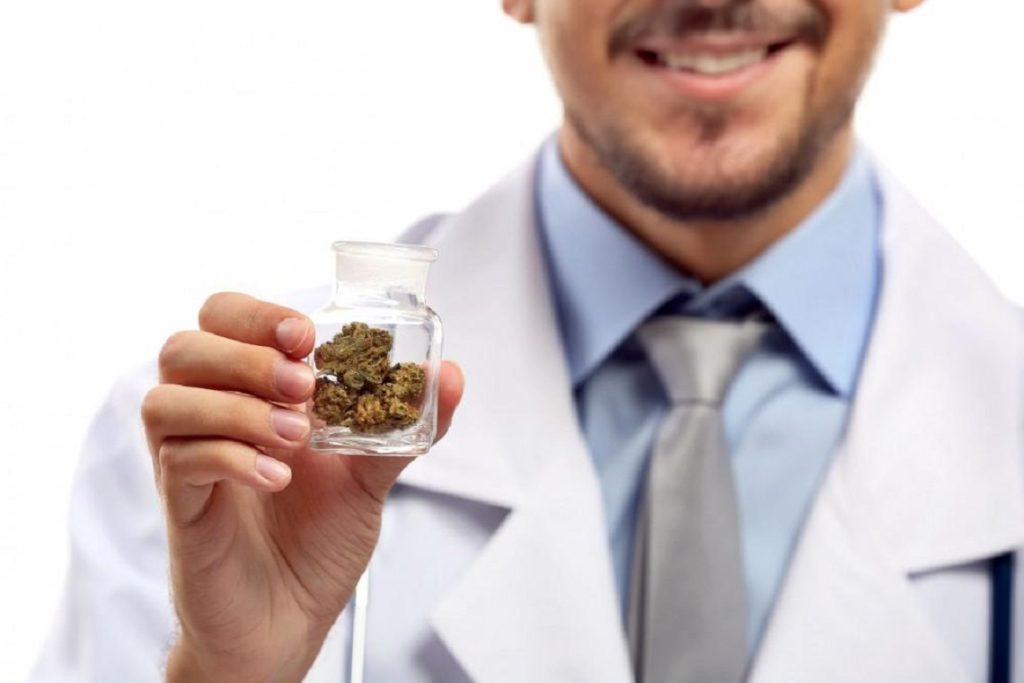
Chemotherapy is the general term for pharmaceutical cancer-inhibiting drugs.
There is conflicting advice on whether cancer patients should use cannabis oil before or during chemotherapy. Recently, a team of researchers looking into why cancer cells are so resilient discovered that chemotherapy seriously damages healthy cells and subsequently triggers them to release a protein that sustains and fuels tumor growth, making the tumor highly resistant to future treatment. Reporting their findings in the journal Nature Medicine, the scientists state that their findings were “completely unexpected.” After extensive research, Dr. Peter Nelson and his team at the Fred Hutchinson Cancer Research Center in Seattle found that chemotherapy helps cancer to survive, grow faster, and resist treatment.
The team was trying to explain why cancer is so resilient in the body, yet so easy to kill in the lab, and realized that the culprit is the interaction of chemotherapy and healthy cells surrounding the targeted tumors. When used on cancer, chemotherapy slows or stops the reproduction of rapidly dividing cells found in tumors. Still, it also damages the DNA of neighboring fibroblast cells, which normally help heal wounds. These cells then produce 30 times more than normal of a protein called WNT16B. This protein encouraged prostate tumors to grow and spread into surrounding tissue, as well as to resist chemotherapy. The team examined cancer cells from prostate, breast, and ovarian cancer patients who had been treated with chemotherapy and found similar results. It is up to the patient to make an informed decision as to whether he or she wishes to undergo chemotherapy or not but certainly the earlier you start cannabis oil treatment the better.
The course of treatment with cannabis
The consensus is that cancer sufferers require a treatment course total of 2 ounces (56 grams) of cannabis oil, to be ingested over three months for maximum effectiveness. The dose is gradually built up to 1 gram a day. After this, many survivors continue a maintenance dose to keep cancer at bay; this varies between individuals and the severity of their illness but averages 100-200 milligrams daily. The oil produced using the techniques we describe will be extremely potent, so patients are advised to begin their treatment with very small doses starting with dabs the size of a match head to be taken four times a day. For initial doses patients generally find that having the oil in a syringe enables them to easily squeeze the required amount onto their finger and then place this into their mouth.
The dose should be increased slowly every three to five days depending on the patient’s tolerance until they can take one gram daily. A set of digital scales accurate to a tenth of a gram are required to enable patients to measure their consumption accurately, however, it is not possible to overdose on cannabis oil and your body will not become dependent. Medically a patient has to be in remission for five years before being declared cancer-free. Once the course has been completed, it is recommended that you continue a maintenance dose of cannabis oil, the consensus being between one-tenth to one-fifth of a gram per day.